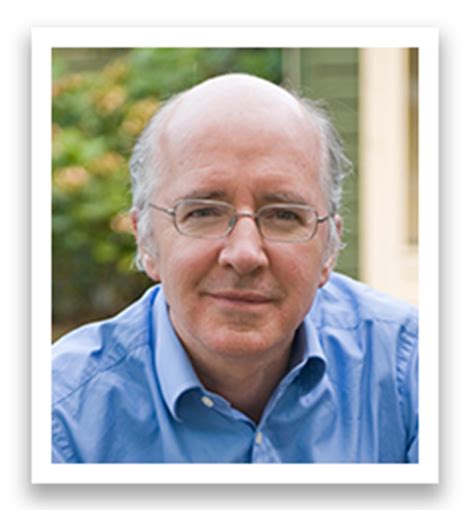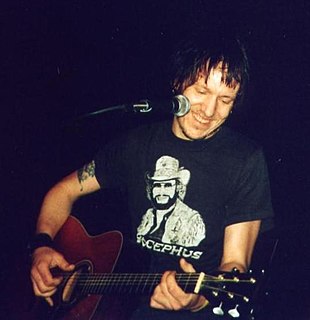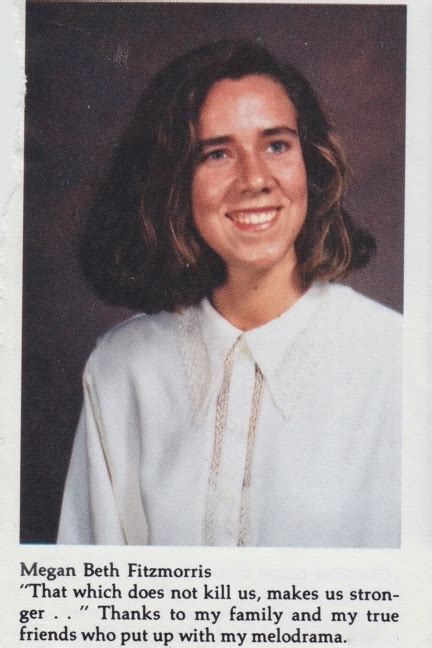A Quote by Michelle Gomez
For a lot of us, we feel nostalgic about something with distance, and then [when] we go back to that thing, you remember why we left in the first place.
Related Quotes
I'll always love Paraguay. It's this most exotic place configured out of the imagination, the whole country.Paraguay will always be a special place in my heart. I go back a long way. I first arrived as a refugee in 1982 from the Falklands War. So it was a safe haven then, and it has become something exotic since then. I feel like I'd like the dust to settle a little bit before going back.
I know a lot of bands that will make their first record and get to a certain level, and then when the second record comes out, they can start where they left off as a headlining act playing in front of a certain number of people, or they can go back out and make a lot less money and open for people. I feel like if you go out and just go right back into that headlining stuff, you're playing to the converted.
I think a lot of the people who feel out of step with contemporary society or feel that they've been left back economically or feel disaffected and are drawn to the Republican Party, they are looking for a news source that will tell them something they would like to hear and then is reassuring, emotionally rewarding, and confirming.
It's like I'll sit down and put my hands on the piano or the guitar, and then I'll hear a sound or I'll feel a chord that will resonate and then I'll get something happening in my voice. My voice is like a car that I get into and drive but I don't know where I'm going. And I record everything. And often, I sort of get into a state, a creative state that is, where I'm just feeling around melodically, and playing things off the top of my head. Then I go back and listen to it and for the first time, hear what I just did. It's like Elvis has left the building while the thing is happening.
This fact was something I also learned from this first novel that I needed personal experience to invent, to fantasize, to create fiction, but at the same time I needed some distance, some perspective on this experience in order to feel free enough to manipulate it and to transform it into fiction. If the experience is very close, I feel inhibited. I have never been able to write fiction about something that has happened to me recently. If the closeness of the real reality, of living reality, is to have a persuasive effect on my imagination, I need a distance, a distance in time and in space.
I think that when somebody tells you something of value, a lot of the time there's this thing that happens, and I don't know if you find it, where they go exactly for the word or the moment or the thing that you were hoping they wouldn't notice, or inside didn't feel 100 percent secure about. If they point it out, then that really sends you the message of, "Okay, I was trying to override my own instincts about it, and I guess I shouldn't."


































